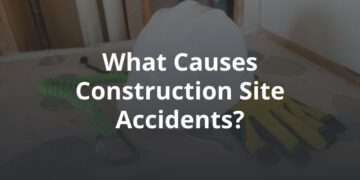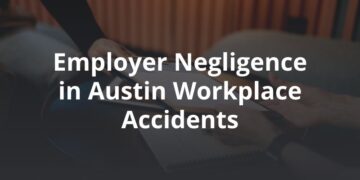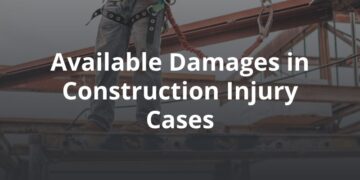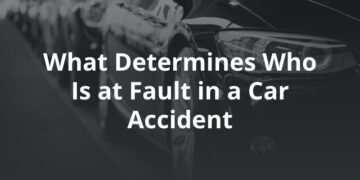Vehicles today are much safer than they used to be. Collision avoidance systems — sometimes called driver assistance technologies — are helping drivers avoid the biggest risk on the road: themselves.
The vast majority of accidents can be contributed to human error; in fact, one National Highway Traffic Safety Administration (NHTSA) study found that roughly 94 percent of accidents could be tied directly to driver behavior, rather than environmental conditions or vehicle malfunctions.
Collision avoidance and driver assistance systems like automatic breaks, collision warning technologies, and other tools are helping prevent these kinds of accidents. The AAA Foundation for Traffic Safety has found that advanced driver assistance technologies have the potential to prevent nearly 40 percent of injuries and 29 percent of fatalities in crashes that involve passenger vehicles. Those are promising figures for the future of traffic safety.
Currently, however, there are still many vehicles on the road without collision avoidance systems. In particular, these features have not been integrated as heavily into commercial vehicles — which is unfortunate, since eleven percent of all accident fatalities occur from collisions involving large trucks. Considering the risks involved in commercial trucking, it would seem as though these technologies would be a natural fit for 18-wheelers and other large vehicles.
However, the National Transportation Safety Board (NTSB) has found that driver assistance technology adoption in commercial trucks lags far behind passenger vehicles, which means carriers are missing opportunities to prevent dangerous accidents.
How do these technologies stand to change commercial vehicle and semi-truck accidents? And why aren’t more commercial carriers using them? Our lawyers decided to investigate. Here’s what we found.
Two Key Technologies May Help Prevent Commercial Truck Accidents
According to NTSB, there are two main safety components that could limit commercial vehicle collisions:
- Collision warning systems (CWS)
- Automatic emergency braking (AEB)
Collision warning systems issue automatic alerts when a driver is at risk of a crash. This technology could prove pivotal for commercial drivers, who are prone to drowsiness and inattentiveness after long stints on the road.
Automatic emergency braking systems go further, applying the brakes without driver assistance when a collision is imminent. This could significantly minimize the damage and severity of accidents that might occur if a driver fell asleep or was otherwise impaired.
Other technologies that are recommended are adaptive cruise control (ACC), which detects when a vehicle in cruise control is following too close to the car in front of it and automatically applies the brakes, and lane departure warnings, which alert the driver before they drift into another lane.
Why Aren’t Collision Avoidance Systems More Widely Used?
If collision avoidance systems demonstrate so much potential, why haven’t commercial carriers jumped to include them? There are several possible reasons:
- The government doesn’t require it. Groups like the NHTSA and the Insurance Institute for Highway Safety have strongly recommended that vehicle manufacturers make AEB systems standard on new vehicles. However, there are currently no requirements that they do so, particularly for commercial vehicle producers.
- It costs carriers money. Commercial carriers are not known for their commitment to safety, especially when it will cost them money. For instance, some trucking companies shamelessly encourage drivers to bend mandated rest period regulations in order to reap higher profits. Although existing vehicles can be retrofitted with collision avoidance systems, those improvements can be expensive for businesses with a large fleet of vehicles to maintain.
Given these factors, it would appear that pressuring commercial carriers to deploy collision avoidance systems may be the key to more widespread implementation. At FVF, we call upon the federal DoT, lawmakers, and other stakeholders to design stricter regulations to encourage carriers to integrate these protections. The safety of our highways could depend on it.
If you have been injured in a commercial vehicle accident, you should take the time to learn more about your rights and options. Contact our expert 18-wheeler accident lawyers for a free consultation so we can advise you how best to proceed with your case.







